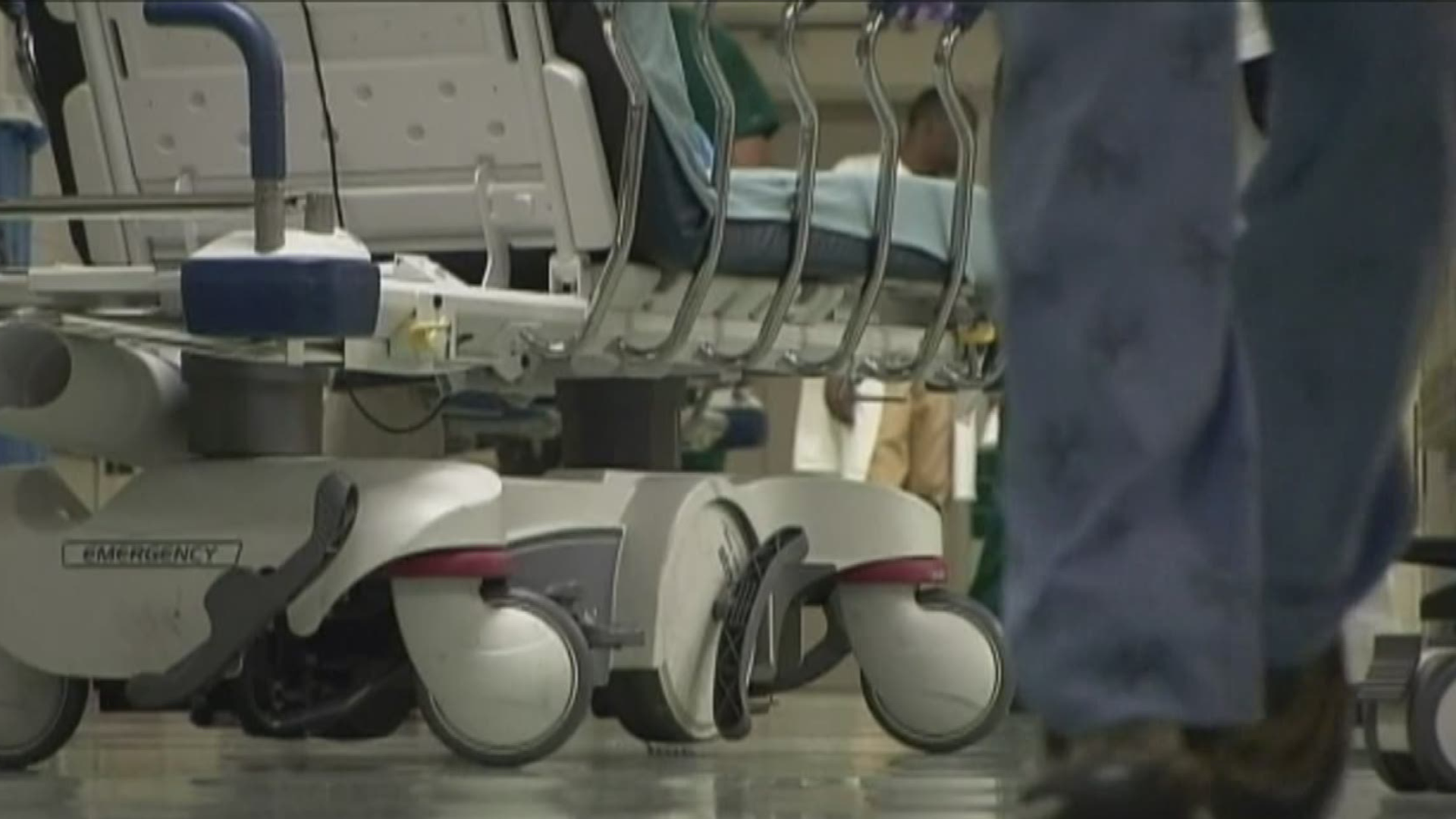ATLANTA — Hospital beds at Grady Memorial hospital are officially at a premium.
As of Monday afternoon, the Atlanta hospital says it's "operating at or near capacity."
An influx of coronavirus patients and limited resources - even before the global pandemic - are making the problem worse.
The hospital was already feeling the pinch after a 24-inch pipe burst in early December. The flooding wiped out 200 patient care beds that won't be back in use until this fall.
In December Gov. Brian Kemp issued a state of emergency order in Fulton County to help relieve the increased patient loads at other hospitals with Grady on "diversion" status.
"Grady is incredibly grateful to the governor for declaring an emergency," Grady Memorial Hospital CEO John Haupert said at the time.
Today, Mayor Keisha Lance Bottoms painted an increasingly worrisome picture of the situation at Grady and other hospitals around the city.
"The biggest concern that we have from a local standpoint is the impact and the ability of our hospitals to be able to take in the number of patients that are anticipated with COVID-19," Mayor Bottoms said in a conference call with city council members. "What I am hearing from our infectious disease people is that we are at a critical, almost breaking point."
The Atlanta hospital bed problem is one that medical experts expect to become more and more of an issue across the country as the novel coronavirus continues to spread.
An analysis by ProPublica and Harvard researchers estimates hospitals in 40 percent of markets around the country could soon start to struggle to make room for coronavirus patients.
In the metro Atlanta area, the researchers say if just 20 percent of the population gets infected in the next six months, hospitals in the area would need nearly twice as many beds than they currently have.
RELATED: Emory expert warns point of 'no return' approaching for Georgia, urges Kemp to shut down state
ProPublica and Harvard report that as of 2018, there were about 12,800 hospital beds in Atlanta and that about 1,600 of those were ICU beds. Nearly three-quarters of them were already occupied.
According to the American Hospital Directory, Grady Memorial had 974 total staffed beds before the December flooding.
Under less ideal scenarios - if, for instance, 40 percent of the adult population contracted the virus - Atlanta would potentially need as much as four times the beds it currently has.
"The hospital is operating at or near capacity because of the more than 200 patient care beds we lost to flood damage in December of last year. Work continues on facility repairs and we expect those beds to be back online in the fall," Grady said in its full statement.
But if communities can slow the spread and flatten the curve, the problem would be more manageable - with fewer infections over a longer period of time.
"It is going to require that we continue to take drastic measures to reduce the public's interactions with one another," Bottoms said.
She also told council members there are backup plans, including the idea of converting hotel rooms into medical facilities to address the need.
"This is the scenario that we are seeing play out across the globe, that our hospitals reach a critical point that they are no longer able to provide hospital beds," Bottoms said. "We can watch the news and we see what's happening in Italy and we see what's happening in New York and Washington and California and that's not where we are yet, but it very well could be if we're not able to slow the spread of this virus."
11Alive is focusing our news coverage on the facts and not the fear around the virus. We want to keep you informed about the latest developments while ensuring that we deliver confirmed, factual information.
We will track the most important coronavirus elements relating to Georgia on this page. Refresh often for new information.
MORE CORONAVIRUS HEADLINES

